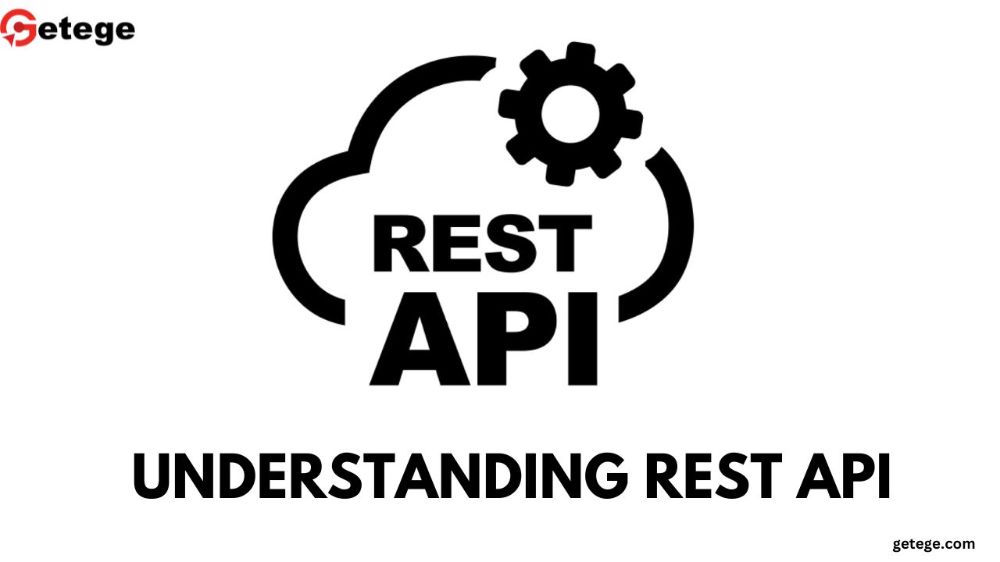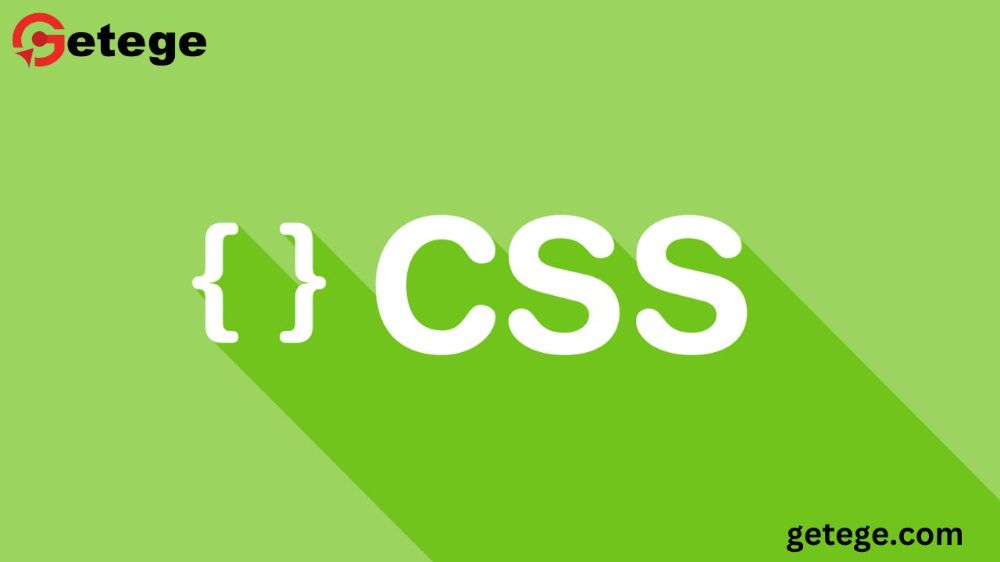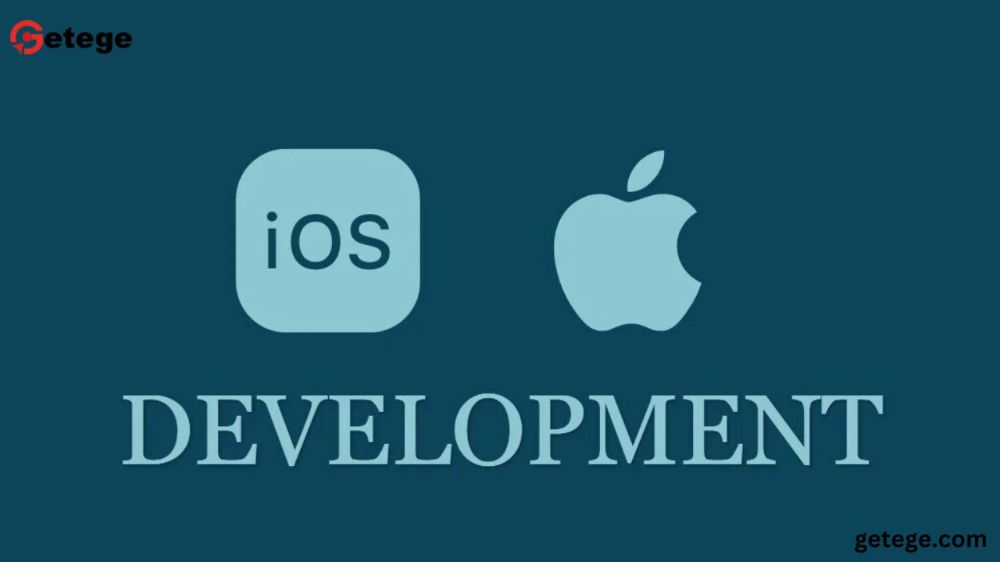Why C Programming is Crucial for Your Coding Career
In today's rapidly evolving technological landscape, mastering the right programming language can significantly influence your career in software development. Among the myriad of languages, C programming stands out as a cornerstone of modern computing. Whether you're an aspiring developer, a seasoned coder, or someone seeking to solidify your technical foundation, learning C programming is not only beneficial but crucial for long-term success. Here’s why:
A Strong Foundation for Other Programming Languages
C is often referred to as the "mother" of programming languages. Many of today's popular languages, such as C++, Java, Python, and JavaScript, have their roots in C. Learning C programming equips you with a solid understanding of how computers work at a low level, which, in turn, makes it easier to grasp higher-level programming concepts and languages.
When you master C, you gain a deep understanding of memory management, pointers, and low-level data manipulation, concepts that are invaluable when transitioning to more complex languages. For instance, C++ is essentially an extension of C with object-oriented features. This makes C a gateway to mastering more advanced languages and technologies in the software development world.
C: The Backbone of System Programming
One of the main reasons why C programming is crucial is its close interaction with system hardware. C is used extensively for system programming, which involves writing operating systems, compilers, and device drivers. This is because C provides low-level access to memory and allows for precise manipulation of hardware resources.
Languages like Python or JavaScript are high-level and abstract away many of the intricate details of how computers process data. C, on the other hand, lets you work directly with memory addresses and hardware registers, making it the go-to language for writing systems where performance and efficiency are paramount.
Operating systems like UNIX and Linux are primarily written in C, and many modern operating systems have their roots in C programming. By learning C, you can gain insight into how these systems operate and potentially contribute to system-level programming, a niche yet highly sought-after skill in the software industry.
C Programming Offers Exceptional Performance
Performance is a critical factor in many software applications. C is known for its speed and efficiency, making it the preferred choice for applications where performance is a top priority. The language’s simplicity and low overhead allow for code that runs faster than many modern programming languages.
In applications like gaming engines, high-frequency trading algorithms, embedded systems, and real-time systems, the performance edge that C provides can be the difference between success and failure. Learning how to write efficient C code can give you a competitive edge in sectors where performance is paramount.
C is Widely Used in Embedded Systems
Embedded systems are specialized computing systems that perform dedicated functions. From microcontrollers to IoT devices and medical instruments, C programming is the language of choice for embedded systems development. This is because of its portability, efficiency, and ability to run on almost any type of hardware.
Many embedded systems operate under strict resource constraints, which means the programming language used must be lightweight and efficient. C fits the bill perfectly, making it a core skill for anyone interested in working in embedded software development. Whether you're programming a smart thermostat, a robotic arm, or an autonomous vehicle, chances are you’ll need to use C at some point.
C Provides Precise Control Over System Resources
One of the most valuable skills a developer can have is the ability to manage system resources efficiently. While higher-level languages abstract memory management and garbage collection, C allows developers to have direct control over these processes.
In C, you manually allocate and deallocate memory, which not only sharpens your understanding of how computers handle memory but also helps you write more efficient code. Understanding concepts like pointers, memory allocation, and buffer management are essential for building robust, optimized applications.
Having this level of control makes C ideal for mission-critical systems like operating systems, databases, and real-time systems, where efficient use of memory and processing power can be the difference between a system that works and one that crashes.
Versatility and Portability of C
C is known for its portability. Code written in C can easily be compiled and run on various types of machines without significant modifications. This versatility makes it an ideal language for cross-platform development, where the same code must run on different hardware architectures.
Additionally, C programming has stood the test of time. Even though newer languages have emerged, C remains a critical skill because of its versatility and the vast number of legacy systems still in use today. These legacy systems often need maintenance, updates, or optimizations, making knowledge of C programming a valuable asset.
C is a Prerequisite for Understanding Computer Science Fundamentals
C is an excellent language for learning computer science fundamentals. It forces you to think about algorithms, data structures, and memory management in a more hands-on way than other high-level languages. Understanding how data is organized in memory, how pointers work, and how different algorithms affect performance are all skills you gain when learning C.
Moreover, many computer science courses and technical interviews include questions about C programming because of its foundational role in understanding how computers work. By mastering C, you'll be better prepared to tackle technical challenges that come your way, whether in an academic setting or in job interviews.
Long-Term Career Benefits of Learning C
As you progress in your coding career, you will inevitably encounter complex systems, performance bottlenecks, and resource-constrained environments. In such scenarios, having a deep understanding of C programming can set you apart from other developers. Not only will you be able to write more efficient code, but you'll also have the skill set needed to work on systems that require low-level optimization.
Additionally, many companies still rely on C for maintaining legacy systems or building new systems that require high-performance, reliability, and efficiency. Whether you're working in finance, telecommunications, or embedded systems, knowing C will open doors to exciting opportunities in industries that demand high levels of technical expertise.
Conclusion
In conclusion, C programming remains an indispensable skill for any serious software developer. Its influence on modern languages, its critical role in systems programming, and its unmatched performance make it a must-learn language for anyone looking to build a successful coding career. By mastering C, you not only prepare yourself for working with other languages and technologies, but you also gain the skills needed to excel in performance-critical and system-level programming roles.














